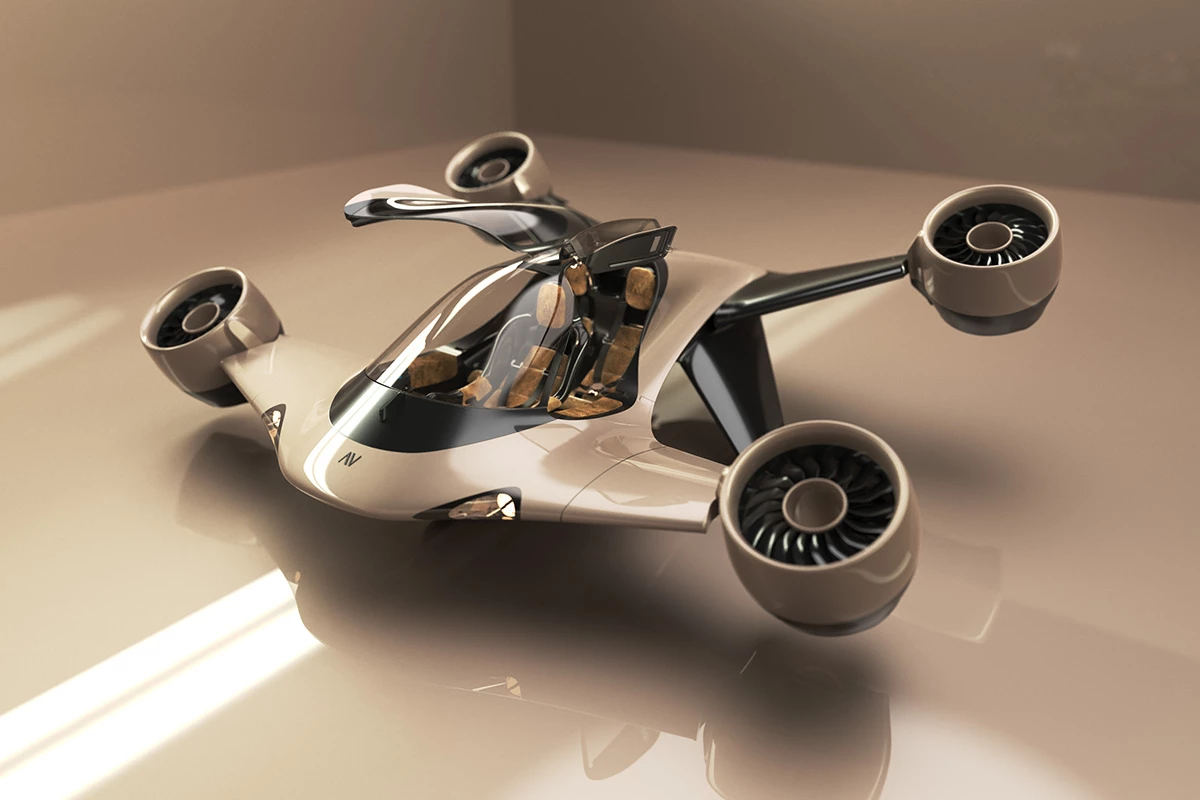London-based startup AltoVolo is aiming high with its entry in the developing eVTOL space. It plans to offer a powerful personal hybrid-electric aircraft that will seat three people, deliver 510 miles (821 km) of range, and hit cruise speeds up of to 220 mph (354 km/h) – all while making 80% less noise than a helicopter.
Those are some fighting words, especially when you consider that these figures are higher than what most other eVTOL makers have claimed so far – and the fact that all AltoVolo has to show at the moment is 3D renders of its Sigma aircraft, albeit rather pretty ones.
For comparison, Archer Aviation's Midnight electric air taxi, which has jumped through several regulatory hoops in the US recently, tops out at 150 mph (241 km/h) and 100 miles on a charge. Joby's hydrogen fuel cell demonstrator is perhaps a closer competitor: it pulled off a 523-mile (842-km) flight last year, and can hit a max speed of 200 mph (322 km/h).
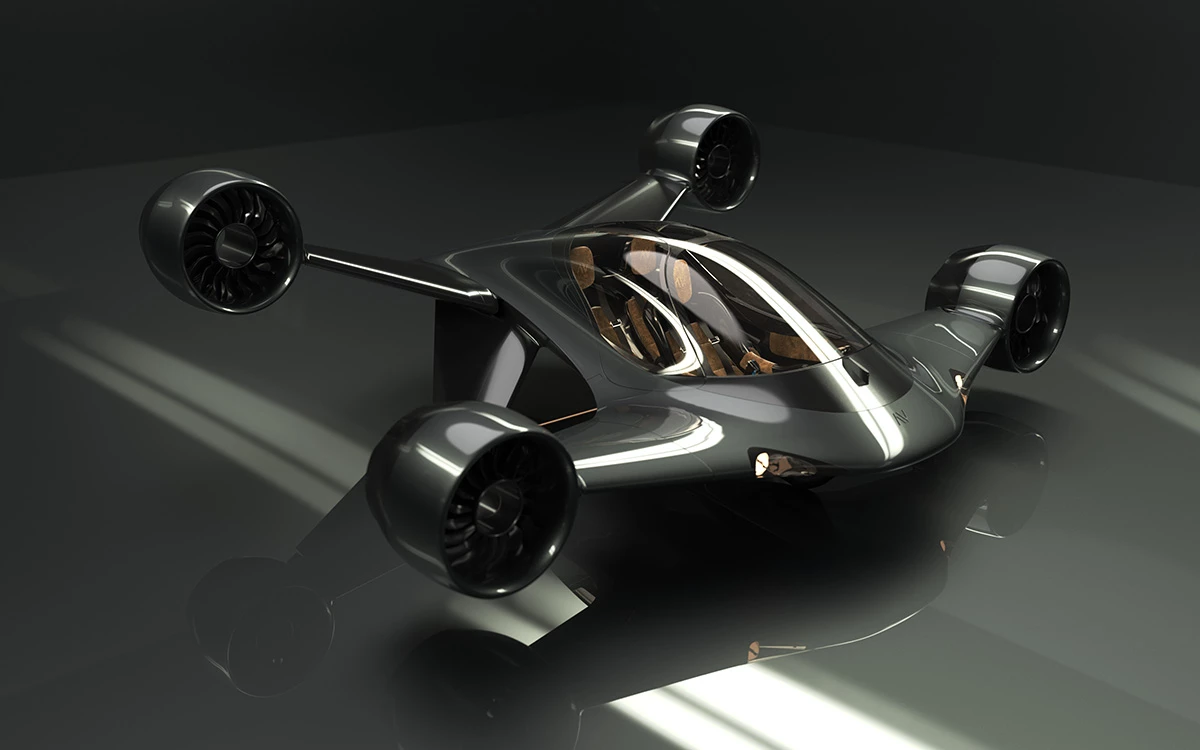
It's worth noting that these flying machines are being built for different use cases, though. While Joby and Archer have their sights set on the air taxi market – meaning rapid back-to-back flights and quick recharges in between – AltoVolo's Sigma could rival private helicopters that operate in residential areas with its range and quiet operation.
The Sigma is an undoubtedly bold vision, from the design to its dimensions. AltoVolo says it will measure just 15.7 ft (4.8 m) wide (about the same as a double garage door), feature a 1,608-hp powertrain capable of operating even when one jet fails, and weigh just 2,160 lb (980 kg) inclusive of three passengers, or about the same as the incredibly fast Gordon Murray T.50 hypercar. That's all kinds of bonkers.
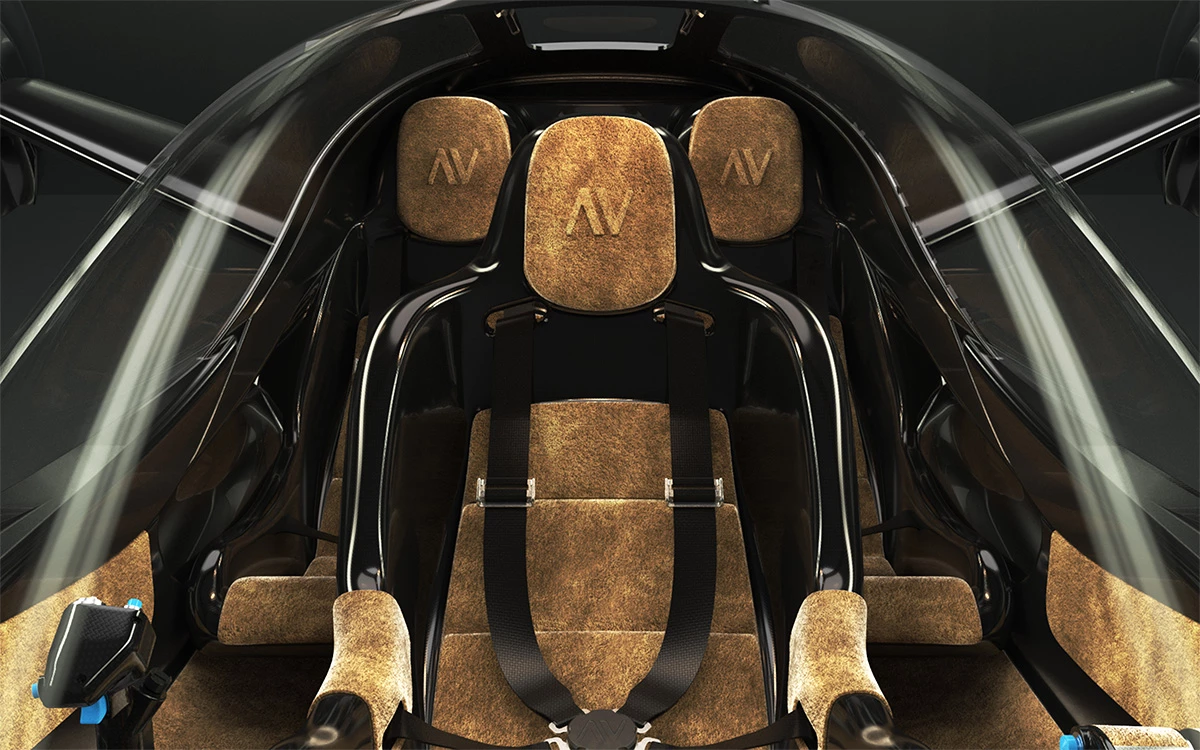
AltoVolo says it's "combined a patent-pending tilting electric jet design and integrated aerodynamics, to leverage the high burst capability of batteries for vertical take-off and landing, and the energy density of liquid fuel for long range flight."
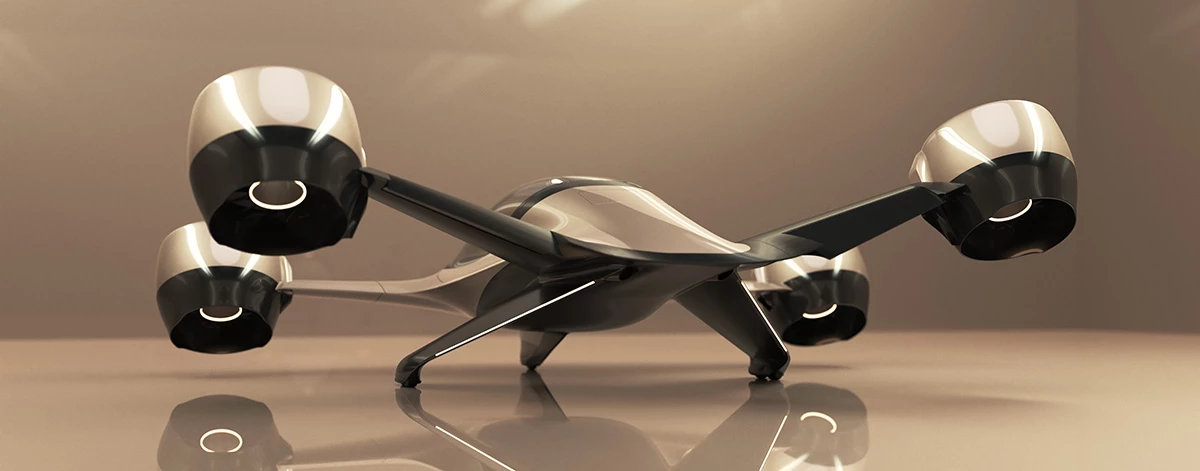
That's all well and good, but as we've learned from covering eVTOL companies over the last few years, getting such projects off the ground is not easy by any measure. So while AltoVolo says it's had its design and engineering validated by an experienced aerospace engineer and integrated autonomous flight tech from veteran control systems firm Embention, I couldn't find much about its founder Will Wood's background online. So the proof will mostly be in the pudding.
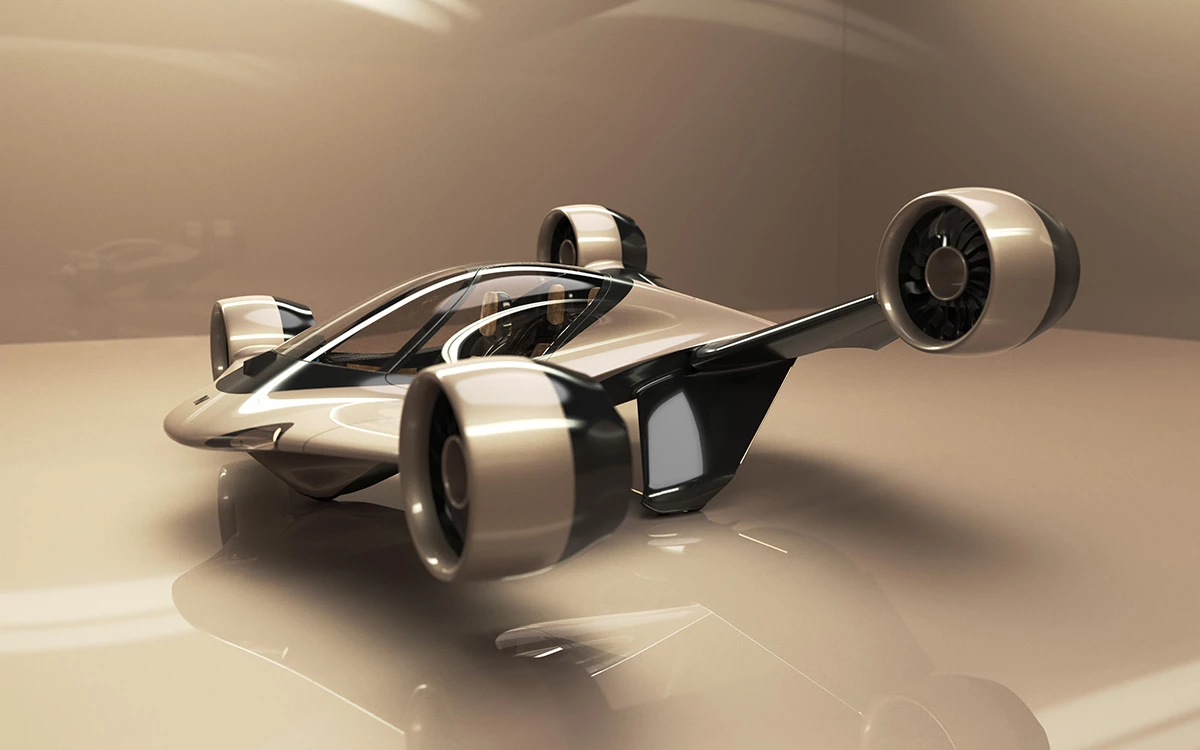
AltoVolo says it's done with prototype flight testing, and is gearing up to build a full-scale demonstrator next. It will open up a waitlist this July for early orders of its Sigma 'vertical hybrid jet.' I'm all for ambitious ventures like this, so I'll follow the company's journey to see how it progresses; stay tuned for more of our coverage of this private eVTOL.
Source: AltoVolo
